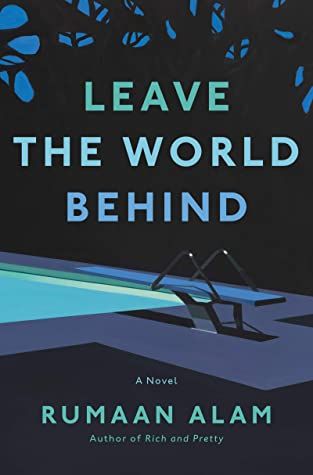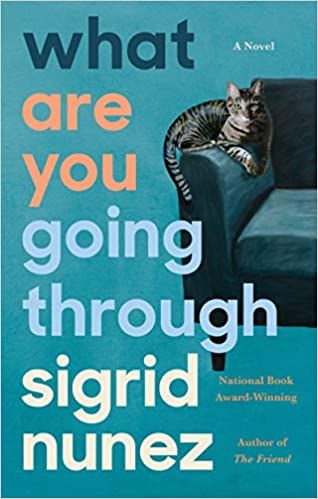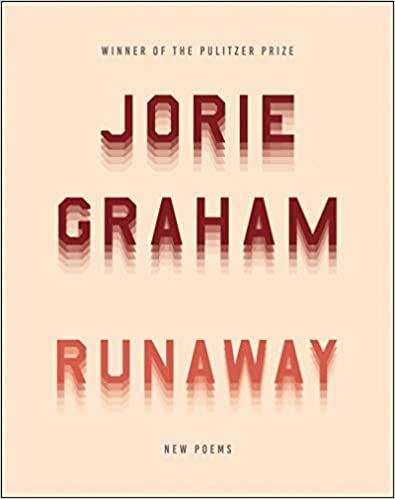Before these three experiences, I dealt with fear of climate change mostly by ignoring it. It’s not that I didn’t believe in bad climate news — I absolutely did — but I responded to it by trying not to think about it. I avoided news stories on the subject and had no interest in reading books about it. I felt dread whenever the subject came up and ran away. They probably didn’t mean to, but these three writers ambushed me. If I’d known how they would make me feel, I never would have read or listened to them. But I didn’t know. Literature can catch a person by surprise, and I was caught. I was deep into the novels before I realized where they were heading, and the momentum of reading carried me through to the end. I loved listening to Jorie Graham talk until the conversation got deep into the climate disaster, and then I couldn’t tear myself away. Honestly, what these writers opened up in me felt terrible. I began to pay more attention to climate stories, to stop avoiding them, and it felt paralyzing. I’ve gone through some of the worse anxiety of my life since reading/listening to them. I have an 8-year-old son, and I’ve been terrified of what his future looks like. I’ve been terrified of my own future. I’ve mourned for all the people around the world who are suffering and whose suffering will get worse, and will be much worse than mine. I’ve felt fury at the people in power who have done nothing about the problem, or so little it might as well be nothing. Perhaps you are familiar with the feelings I’m describing. What has offered me some relief — and here I’m getting to the “made me change my life” part — was the release of the Intergovernmental Panel on Climate Change (IPCC) report last summer (the IPCC was formed in 1988 and is a group of scientists and experts working within the United Nations). This report was sobering: it concluded that climate change is here and is inevitable. But it was also inspiring because it concluded that the choices we make now can make the future significantly less bad. It made room for some hope. What I really needed to hear — and maybe what a lot of us need to hear — is that our actions now can make a difference. The apocalypse scenarios in the novels I read are not inevitable. The future is not settled. Now, obviously, what one individual can do about climate is minuscule compared to all that needs to be done — what really needs to happen is political and social change on a grand scale beginning with those who hold the most power and wealth. But there are concrete things we can all do, not only to change our own lives for the betterment of the world, but to influence the people around us to change their lives as well. For me, so far, this has meant a number of changes. I’m working on writing and talking about climate issues on social media and in face-to-face exchanges in such a way that encourages people to prioritize climate issues in their own lives. I communicate with my representatives about how I’ve become a climate voter. I’ve begun driving less and commuting by bike more. I’ve been a regular bicycle rider for decades, and it’s time that I put my cycling fitness to use to help reduce car emissions and support bike culture. I’m thinking about what other changes I can make. We all have ways we can change our habits for the better and influence the people around us. We can change the culture and exert political influence in small ways that add up. Some of us, myself included, are in positions of privilege where we can do more than others with fewer options and resources, and we should. I know the past couple years have felt like a journey for many people: we’ve dealt with the pandemic, with political turmoil, with natural disasters, with dread for the future. We’ve lost so much and face so much uncertainty ahead. Even though lately I’ve been feeling better, I still have many days where I feel paralyzed by anxiety. I’m sure I’m not alone. I’ve been thinking about what literature can and can’t do to change the world. Books can comfort and they can terrify. They can paralyze us with fear but also motivate and inspire us. I’m struck by how books made me open to truths I had been trying to avoid. I didn’t want to think about apocalypse, but literature made me. I didn’t want to confront the depths of the climate crisis we’re facing, but certain writers were so compelling, I couldn’t look away. Literature can be sneaky that way.


